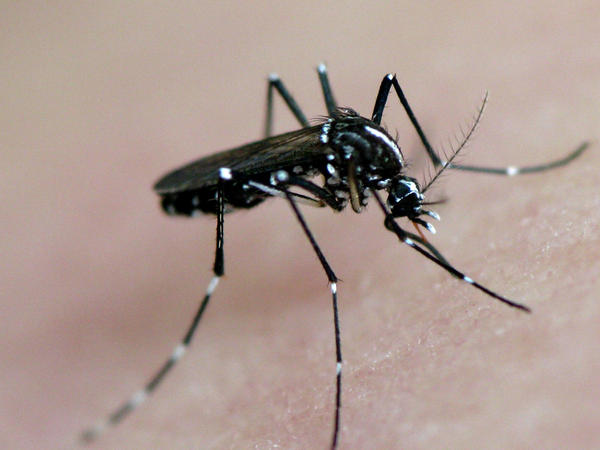Protect Yourself From West Nile Virus With These ‘5 Ds’

Georgia health officials have confirmed the first human case of West Nile virus this year. The victim is from the Atlanta area and has already recovered from the illness, according to the State Department of Public Health.
But the highest number of West Nile infections occur in August and September and health experts, like epidemiologist Amanda Feldpausch, think it’s a good time to remind people how to avoid contracting the illness.
The virus is transmitted by mosquitoes, and Feldpausch said during an interview on “A Closer Look” that the survival rate for West Nile infections is “very, very high.” In fact, up to 80 percent of those infected don’t show any symptoms at all.
“Usually we only have about 10 to 15 cases a year and usually only one or two deaths,” Feldpausch said.
It’s important to protect yourself from mosquitos if you’re working or playing outside. “All mosquitoes don’t necessarily carry West Nile disease, but it is important to protect yourself because they do carry other diseases,” Feldpausch explained.
Health officials recommend people practice the five Ds of West Nile prevention, she said.
- Dusk and Dawn- avoid or limit outdoor activity at dusk and dawn when mosquitoes are most active.
- Dress- wear loose-fitting, long-sleeve tee shirts and pants to reduce the amount of exposed skin.
- DEET- cover exposed skin with insect repellant that contains DEET.
- Drain- empty any containers with standing water, which attracts mosquitoes.
- Doors- make sure doors and windows are properly sealed so mosquitoes can’t get inside.
The West Nile virus was first discovered in Uganda in 1937. Since then, it has spread around the world and into the United States, where it was first diagnosed in New York in 1999. Cases have been documented in every state except Alaska and Hawaii. The first case in Georgia was confirmed in 2001.
WABE’s Eboni Lemon, Rose Scott and Denis O’Hayer contributed to this report.
9(MDAxODM0MDY4MDEyMTY4NDA3MzI3YjkzMw004))






